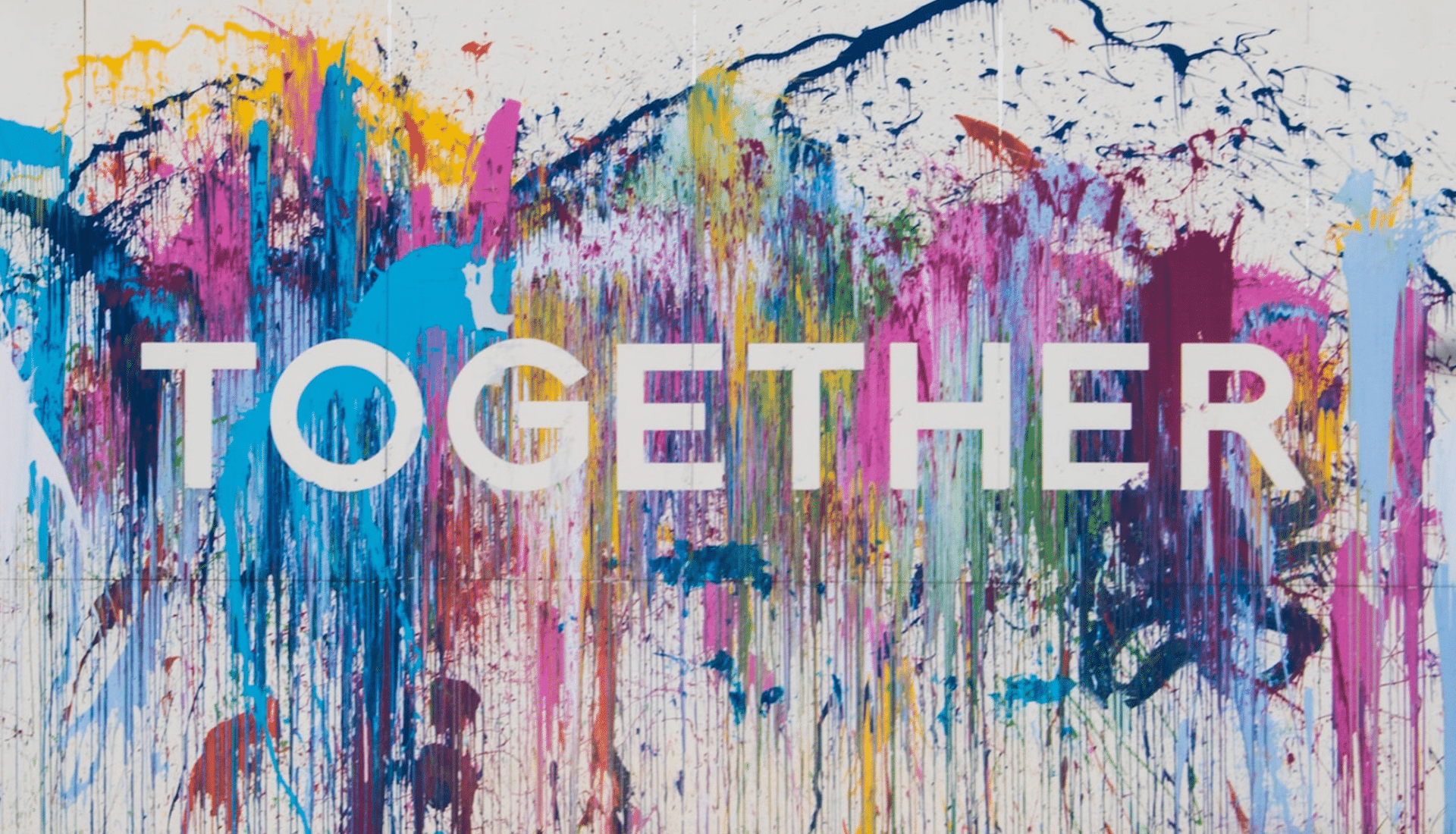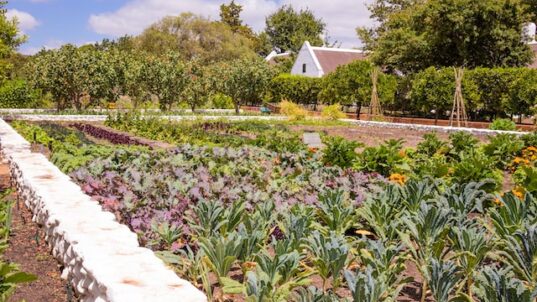Understanding the Existing Strengths of a Community
Dear collaborative discussion friends,
This week we are highlighting a fun activity that uses role playing to help participants imagine communities as partners, rather than recipients of funding, information, or external expertise. Instead of seeing communities as having problems that “we” need to solve, this activity encourages participants to seek out the existing assets and capacities of communities.
Contributed by Ritu Thomas, Associate at the Interactivity Foundation, this activity can be located in the Civic Collaboration Module.
If you missed last week’s newsletter, Developing an Awareness of Stakeholders: A Podcast Interview with Lori Britt, you can access it and our other weekly newsletters by subscribing below.
This week’s activity:
Activity 5.4 – Seeing Communities as Partners
Identifying the existing assets and resources in a community
This activity helps participants gain an understanding of the existing strengths of a community by taking inventory of its assets and resources. It demonstrates the importance of understanding a community to truly understand an issue and using the community’s capacities in order to successfully create change.
Select a Topic
Select a topic that is important to your discussion group, something they are passionate about or where they see the need for change. As preparation for this activity, consider Activity 5.1 Identifying Your Civic Passion.
Present participants with a list of 2, 3, or 4 community stakeholders for this topic, depending on the total number of people that will be in each small group (i.e. 4 – 8 people). Alternatively, as preparation for this activity, consider having participants identify stakeholders themselves in a previous session using Activity 5.2 Developing an Awareness of Stakeholders or using this Identifying Stakeholders Worksheet.
Develop “Good Questions”
Invite participants to break into small groups (4-8 ppl) and, using this Question Chart from Activity 4.6 Asking Questions to Promote Curiosity, work together to create two sets of “good questions:”
- A list of questions that gathers information on the community members’ or stakeholders’ definition and framing of the issue and their perspective on this issue.
- A list of questions that gathers information on what assets and resources exist in the community. These could be the individual capabilities, knowledge, or connections of community members; buildings, spaces, or equipment; community organizations, groups, or businesses; etc.
Break into Subgroups & Provide Information on the Community to One Subgroup
Within each small group, have participants break into two subgroups:
- The first subgroup will be the Community Member group. Each person will role-play one of the stakeholders or community members.
- The second subgroup will be the Data Gathering group that will gather information from these community members.
Provide the Community Member subgroups with an information sheet about each community stakeholder that describes their:
- views on different aspects of this issue
- lived experience of the problem
- definition of the problem
- individual assets and resources, like individual capabilities, knowledge, and connections
- community’s common assets and resources, like buildings, spaces, or equipment
- community organizations, groups, or local businesses
Importantly, make sure the second Data Gathering subgroup does not receive this information.
Pro tip: Make sure to include information on the sheet given to the Community Member subgroups that would not be obvious to someone from outside the community, i.e. the Data Gathering subgroup.
Develop an Initial Plan Separately in Two Subgroups
Invite each subgroup to work separately to define the problem as they see it and draft an initial plan for a solution.
Gather Information & Develop a Revised Plan Collaboratively
Have the two subgroups come back together to form each small group again.
Invite the Data Gathering subgroup to use the two lists of questions to engage in a dialogue with the Community Member subgroup. Encourage them to gather information on the community members’ definitions and perspectives of the problem, as well as individual and community assets & resources.
Ask both groups to then work together to draft a new joint proposal using the new insight and information they gained from their discussion with each other.
Share Initial & Updated Proposals and Debrief
Once each small group is finished, have them write both their initial and updated proposals on a whiteboard, shared screen, or other surface visible to everyone.
As a full group, discuss the results:
- How did the proposals change with new information?
- What assumptions did each subgroup have about the issue that they were able to move beyond after talking to each other?
In addition to these debriefing questions, the full description of Activity 5.4 Seeing Communities as Partners also includes reflection questions, a practice journal prompt, and additional resources to help participants dive deeper.
Dive Deeper by Having Subgroups Switch Roles
If you have the time to do so, you can do this activity over two sessions to give the two subgroups the opportunity to switch roles, i.e. the Data Gathering subgroup becomes the Community Member subgroup & vice versa.
During the second session, present a new issue and list the same number of community stakeholders for this new issue, according to the size of the small groups.
Then repeat the activity with the two subgroups within each small group switching roles.
If you try out this activity, please share with us what you think:
We hope this toolkit activity helps participants appreciate the need to engage communities with humility, the willingness to learn, and the skill of following rather than leading.
Upcoming Events
- Mark your calendars! Our next community gathering is Friday, May 5th at 2 pm (EDT). All are welcome! Register here.
- The Interactivity Foundation is organizing a 3-part interactive, small group conversation series, exploring dimensions of The Economy & Democracy. Join us for the first session this Wednesday, April 19 at 2pm (EDT), as part of the National Week of Conversation. Invite your students! Register here.
- We will have an Interactive Workshop on Thursday, April 27th at 12 pm (EDT). This workshop will be an introduction to the Collaborative Discussion Toolkit and Certificate Program. Share with your friends and colleagues who would like to learn more! Register here.
- Warm Cookies of the Revolution is organizing many fun and unique events in April. These are in-person events that take place in and around Denver, Colorado. Check out their upcoming events here.
- The Greater Good Science Center at UC Berkeley is offering the Bridging Differences in Higher Education Learning Fellowship. This is a great opportunity for any leader in higher education — faculty, administrators, staff, or students — who wants to foster more constructive dialogue and understanding on US college campuses. Recipients will be be part of a 8-month facilitated virtual learning community from September 2023 to April 2024. The application deadline is May 22, 2023. Learn more and apply today!
- The School of Public Affairs at American University is hosting an online conversation about dialogue and pedagogy, “Can We Talk? Defining, Practicing, and Protecting Dialogue in Higher Education” on June 13th and 14th from 1pm – 5pm (EDT). Over the two days, this event will have four 90-minute sessions, each beginning with a short keynote followed by an interactive facilitated discussion. All are welcome! Register here.
- We are also accepting nominations for our Pilot Coach Training for Undergraduate Students. Space will be limited. You can learn more or nominate a student by emailing us at [email protected]
Looking forward to collaborating,
Ritu Thomas & the Collaborative Discussion Team





